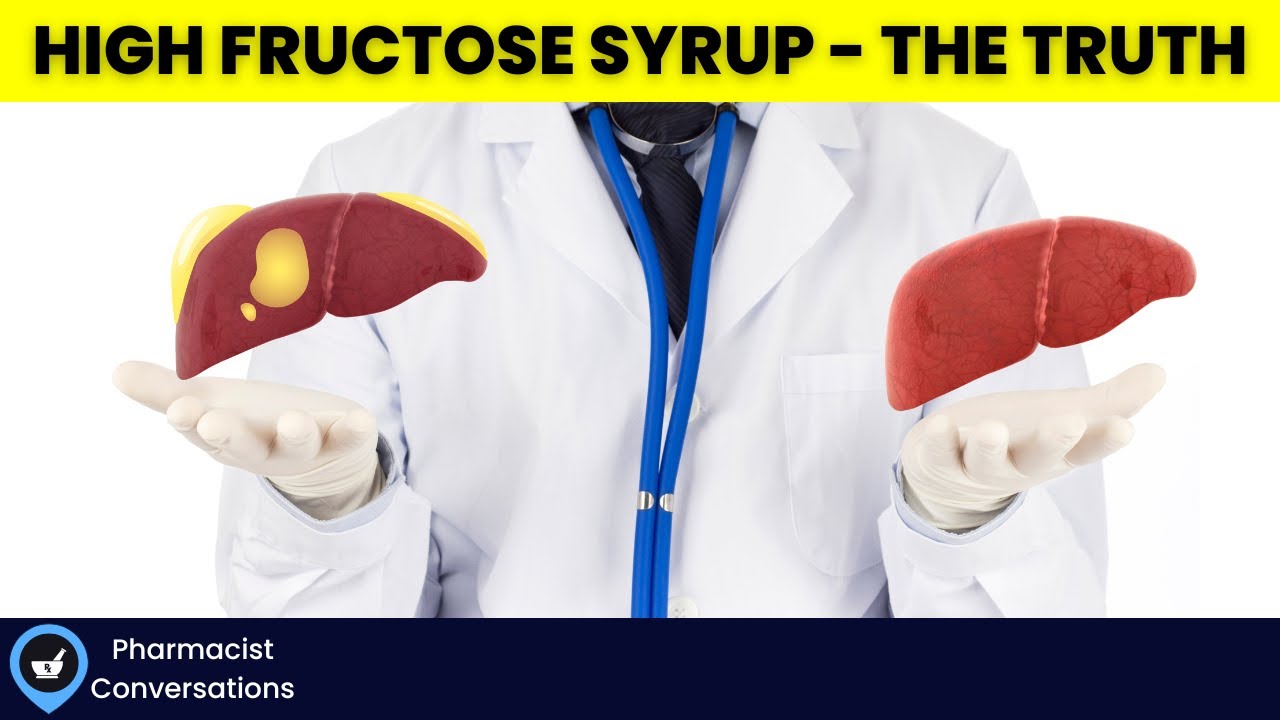
What Causes Soreness and Older-Looking Skin?
How High Fructose Corn Syrup Impacts Skin Health
1. Speeds Up Skin Aging (Glycation)
HFCS contains fructose, a type of sugar that is especially reactive in the glycation process. Glycation occurs when sugar binds to proteins like collagen and elastin, forming compounds known as Advanced Glycation End Products (AGEs). These AGEs wreak havoc on the skin’s structure:
- Collagen and Elastin Breakdown: Collagen and elastin are the building blocks of firm, youthful skin. Glycation makes these proteins stiff and brittle, robbing your skin of its natural elasticity.
- Visible Aging Signs: Wrinkles, sagging, and a dull, tired appearance become more pronounced as the skin loses its flexibility and firmness.
Source: CID Journal
2. Triggers Chronic Inflammation
Consuming HFCS can cause blood sugar levels to spike, setting off a chain reaction of systemic inflammation. Over time, this inflammation damages the skin, leading to issues such as:
- Acne: Inflammation stimulates the overproduction of oil, clogging pores and exacerbating breakouts.
- Rosacea and Eczema: Chronic inflammation worsens these conditions, making redness and irritation harder to control.
Inflammation also contributes to puffiness and uneven skin tone, making it difficult to maintain a clear and glowing complexion.
Source: Cleveland Clinic Health
3. Weakens Your Skin’s Protective Barrier
The skin’s barrier is its first line of defense against environmental damage. HFCS undermines this crucial layer through oxidative stress and inflammation, which can lead to:
- Dehydration: The skin struggles to retain moisture, leaving it dry and flaky.
- Heightened Sensitivity: A weakened barrier makes your skin more reactive to irritants.
- Vulnerability to Pollution and UV Rays: Without a strong barrier, your skin is more prone to damage from external aggressors.
Source: Skin Inc.
4. Aggravates Acne
When HFCS causes insulin levels to spike, it triggers the production of androgens—hormones that boost oil production. Excess oil clogs pores, leading to persistent and often severe acne breakouts.
Source: Healthline
How High Fructose Corn Syrup Impacts Joint Health

1. Fuels Joint Inflammation
HFCS increases the production of pro-inflammatory cytokines—chemical messengers that exacerbate joint pain and stiffness. This inflammatory response is particularly harmful for individuals with arthritis or other chronic joint conditions.
Source: Cleveland Clinic Health
2. Damages Collagen in Joints
Collagen is not just important for skin; it’s a key structural component of cartilage, tendons, and connective tissues. HFCS damages existing collagen and impairs your body’s ability to produce new collagen. This leads to:
- Fragile Joints: Damaged collagen makes joints more prone to injury.
- Reduced Mobility: Weak cartilage and connective tissues contribute to stiffness and discomfort.
Source: CID Journal
3. Raises Uric Acid Levels
Fructose metabolism produces uric acid as a byproduct. Excessive HFCS consumption can elevate uric acid levels, causing gout—a painful condition characterized by inflammation and swelling in the joints.
Source: Cleveland Clinic Health
4. Contributes to Obesity and Joint Stress
HFCS is closely linked to weight gain, which places additional stress on your joints. This extra weight accelerates the wear and tear on cartilage, worsening joint conditions such as osteoarthritis.
Source: Cleveland Clinic Health
Additional Concerns
1. Leads to Insulin Resistance
Over time, HFCS consumption can result in insulin resistance. This condition hampers the body’s ability to repair itself and intensifies inflammation, further compromising skin and joint health.
Source: Cleveland Clinic Health
2. Boosts Oxidative Stress
HFCS promotes the production of free radicals, which damage cells through oxidative stress. This process speeds up aging and contributes to chronic soreness and stiffness.
Source: Skin Inc.
What Can You Do?
Protecting your skin and joints from HFCS damage doesn’t have to be complicated. Here are some actionable steps to consider:
- Limit HFCS in Your Diet: Steer clear of processed foods and sugary drinks that contain HFCS.
- Choose Nutrient-Rich Foods: Opt for fruits, vegetables, whole grains, and lean proteins to provide your body with the nutrients it needs to repair and protect itself.
- Support Collagen Health: Include collagen-rich foods or supplements in your diet to help maintain strong skin and joints.
- Stay Hydrated: Drinking enough water keeps your skin hydrated and helps your joints stay lubricated.
- Exercise Regularly: Physical activity improves circulation, reduces inflammation, and strengthens joint structures.
Final Thoughts
High fructose corn syrup may be a common ingredient, but its effects on your skin and joints are anything but harmless. By promoting glycation, inflammation, and oxidative stress, HFCS accelerates aging and increases discomfort. Making mindful dietary choices and focusing on a healthy lifestyle can help you maintain youthful skin and pain-free joints for years to come.



